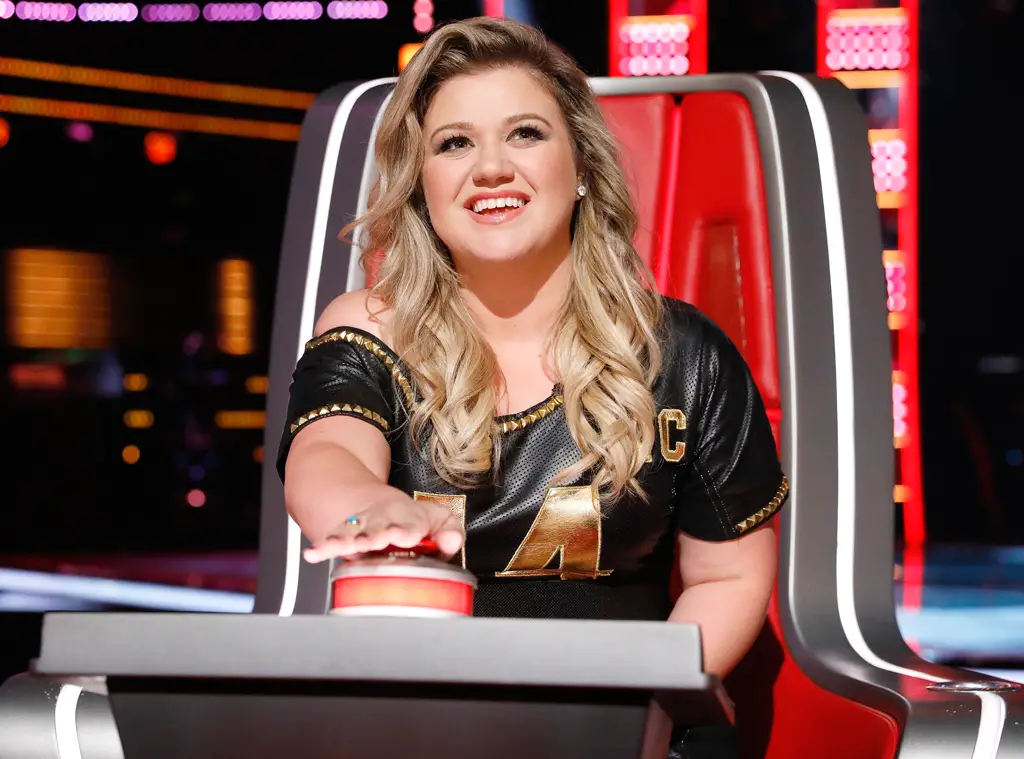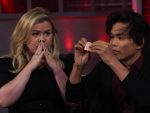The concept that a hopeful, talented individual might get discovered on TV seems odd in an era of social media. With discoveries like Tori Kelly and Shawn Mendes, people can now post a video on YouTube and create a strong following.
As time goes by, it seems that seeking fame on YouTube might be a better option than entering a singing competition. These shows don’t seem to produce the same amount of star power that they once did. Although viewers seem to be chiming in, singing competitions are not as relevant as they used to be.
In the early 2000s, “American Idol” with more than 30 million people turning in each week, grew into a cultural sensation. Until 2011, “American Idol” played in a field of its own, until “The Voice” and “The X Factor” were introduced.
With the increase in viewer attention, “American Idol” suffered dramatic rating drops at the start of Season 11. Yet, despite a decline in ratings, “American Idol” had an advantage over other singing competitions.
Famous singers like 2002 and 2005 winners, Kelly Clarkson and Carrie Underwood, each having at least 13 million album sales, gives the show credibility. Although she didn’t win, Jennifer Hudson is another musical icon that originated from “American Idol.”
In her debut acting role, Hudson entered superstardom after her Oscar-winning performance in “Dreamgirls.” While they have not enjoyed the same success as earlier winners, a few recent winners have had a bit of success. For example, Philip Philips had his song “Home” played during the Olympics, along with a number of commercials, movie trailers and TV shows.
On the other hand, even though it is one of “American Idol’s” biggest competitors, “The Voice” has not produced a star that can come close to being on the same level as Clarkson and Underwood. If you haven’t watched “The Voice” blind auditions, the celebrity coaches listen to contenders with their backs turned.
If a coach likes the voice of the contestant, they press a red button, and their chair swirls around to reveal the singer. If more than one coach turns around, the contestant chooses which celebrity’s team to join.
Because of the implementation of blind auditions, participants are only judged on their talent. Lacking harsh Simon Cowell-like critiques, “The Voice” is meant to be a much nicer singing competition. The contenders are not criticized until tears fall. Instead, they are put into teams and mentored by celebrity coaches who genuinely seem to care.
Additionally, winners of “The Voice” seem to be cursed with low album sales. For instance, 2012 winner, Cassadee Pope, had a meager 206,000 albums sold, while 2013 winner, Danielle Bradbery, had a total of 134,000.
With his album, “Something Beautiful” entering the Billboard charts at No. 2, Season 9 winner Jordan Smith might break the curse. As one of my personal favorites, hopefully, he can continue on this path of success.
“The X Factor” has also struggled to produce a star and to keep the attention of TV audiences. With no one checking for its first two winners, the show has not had the same amount of star power as its British counterpart. Some familiar names from the British “X Factor” include One Direction, Cher Lloyd and Leona Lewis.
One notable problem that I see with singing competitions is that everyone knows what to expect when they tune in to each show. Indeed, the shows are experts at giving the audience everything they promised, including a heartwarming backstory.
Yet, at the end of each competition, viewers feel satisfied after watching a fan favorite navigate each obstacle the competition throws their way and eventually lose interest in the person’s personal story.
Singing competitions are now more about ourselves and making good TV than it is about the aspiring artist. Most people tune in to see a contestant overcoming hardships and trials, distracting some from having to worry about the paper due tomorrow and others about the stresses of the workday.
After taking some satisfaction from this, there usually is not an incentive to check with the singers until years later. How many of us have found ourselves wondering things like, “Hey what happened to Tate Stevens?” To illustrate my point, after asking my sister who her favorite “Voice” contestant is, she answered, “I don’t even remember half of their names.”
The large supply of talent competitions makes it harder for singers to have a defined path straight into the music industry. Newcomers might enter a competition, thinking they will become a musical legend with or without a win, but the small fame they taste while being in the show disappears quickly soon after.
During their time on TV, contestants are required to be active on social media to get viewers to vote for them each week. However, when the contestants are thrown back to reality, they no longer have all of the press attention and the Twitter hashtags, making it much easier for the world to forget about them.
Although contestants can still try to keep up with their social media accounts, the lack of press attention makes it much more challenging for them. Contestants also have to be smart during their time on the show. TV may be a good platform to introduce new singers to the public, but besides a heart-touching backstory, another important part of becoming a fan favorite is the right song.
https://www.youtube.com/watch?v=4FBOhws4BJQ
A well-performed song can attract fans to a contestant, as “The Voice” contestant, Jordan Smith’s performance of “Chandelier” did for me. His performance made me an instant fan, yet I don’t know if I would have become a fan if it wasn’t for his captivating performance.
Like many other reality shows, the auditions for talent competitions can be edited. Certain contestants may receive more screen time, while others might not even get aired.
The reasons for this can range from their performance not being as good to not have a compelling backstory. These eliminated participants must feel very hurt because the audience may not feel the same emotional connection they feel for the contestants that had more screen time.
Although talent shows are not getting the same viewer turnout they used to, nor do they guarantee a music career, there is no doubt that they will continue to be produced and funded.
Fox’s new show “The Four: Battle for Stardom” has already been renewed for a second season, “The Voice” has already made its return with Clarkson as a new coach and, after a short hiatus, “American Idol” will return on March 11, 2018. Maybe some of Clarkson’s star power will rub onto the winner of “The Voice,” making talent shows a little bit more relevant again.

















